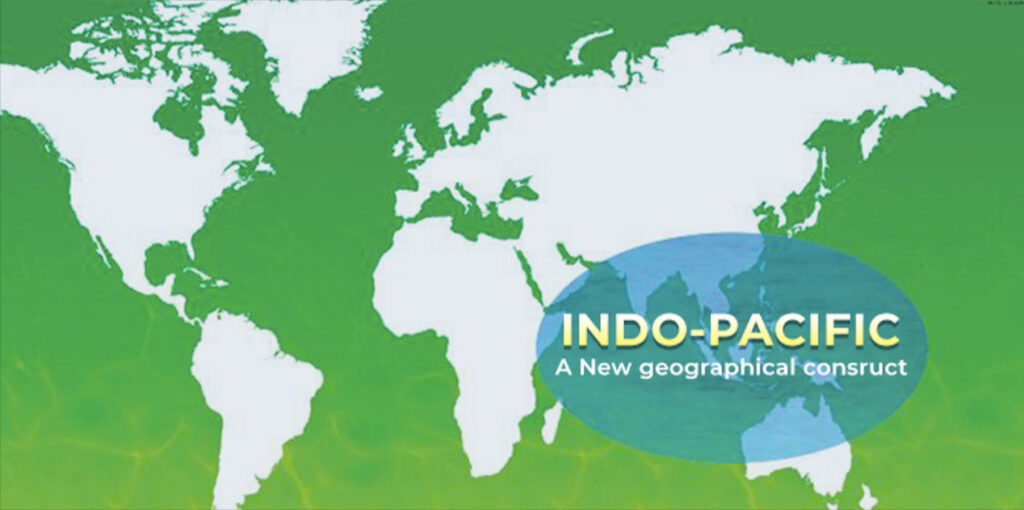
STRATEGIC ASSESSMENT. Washington DC. U.S. President Joe Biden’s visit to Japan this month is expected to coincide with the formal launch of a new U.S. economic strategy for the Indo-Pacific, even as China seeks “very aggressively” to fill a void since Washington quit a regional trade pact, Tokyo’s ambassador to the U.S. said on Monday.
Ambassador Koji Tomita said at an event hosted by Washington’s Center for Strategic and International Studies that Japan and the U.S. had been working on the details of the Indo-Pacific Economic Framework (IPEF), which, he said, needed to strike a balance between inclusivity and high standards. Asian countries are keen to boost ties with the U.S. but have been frustrated by its delay in detailing plans for economic engagement with the region since former President Donald Trump quit a regional trade pact in 2017. Tomita said Biden’s visit would send a powerful signal that Washington remained focused on the Indo-Pacific in spite of the war in Ukraine.
The United States will soon announce plans to better battle illegal fishing in the Pacific, U.S. Indo-Pacific coordinator Kurt Campbell said on Monday, as part of increased U.S. engagement with the region to counter China’s growing influence. Several countries in the Indo-Pacific region chafe at China’s vast fishing fleet.
They say its vessels often violate their exclusive economic zones and cause environmental damage and economic losses. “We believe that in the next couple of weeks, we are going to, through various institutions, announce a major set of capabilities designed to improve maritime-domain awareness,” he said, calling it vital to address the problem.





